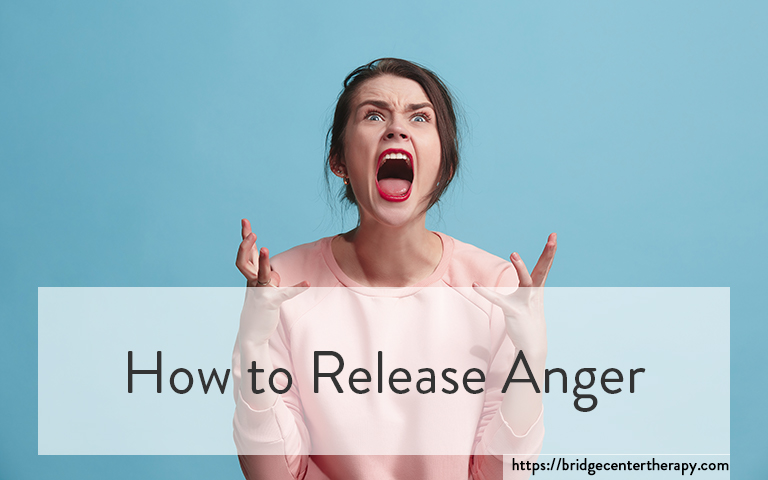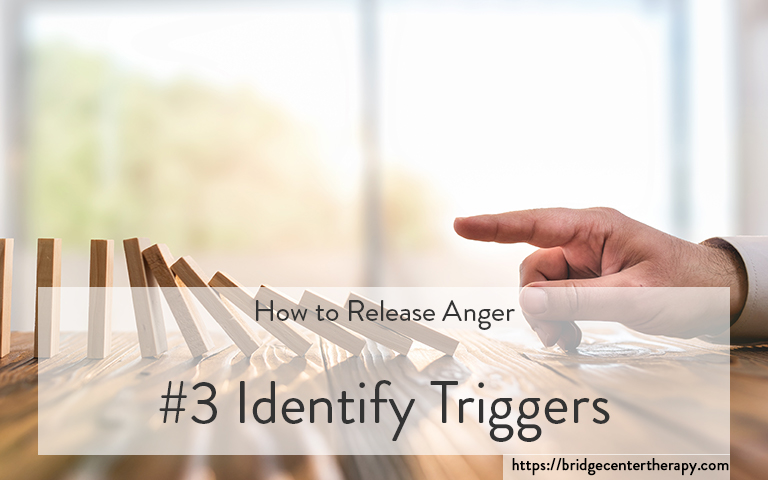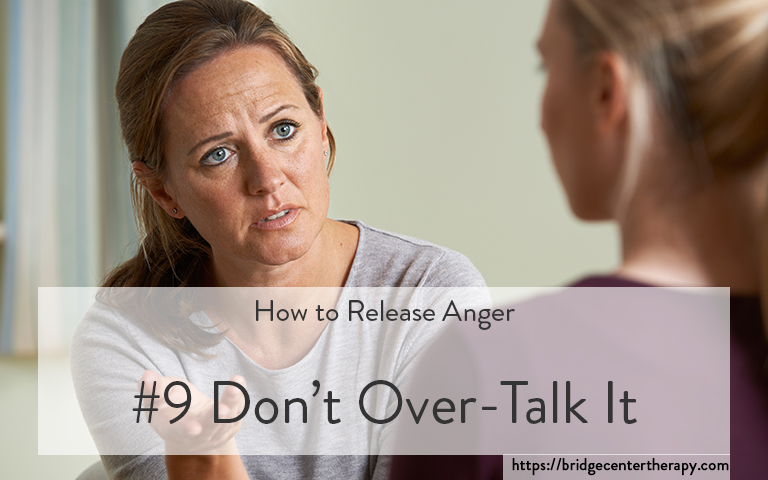
Anger can be good. It allows you to express your negative feelings and helps motivate you to solve your problems. Anger becomes a problem when it occurs too often, too intensely and leads to issues in your daily life.
The good news is that you can learn to manage and channel your anger constructively. Here are some tips.
Speak to one of our therapists today.
1- Breathe
The kind of shallow breathing that you do when you’re angry keeps you in fight-or-flight mode. Try taking slow, controlled breaths you inhale from your stomach rather than your chest.
2- Make a List
Make a list of your angry thoughts. Go back to your list and update the thought so that it reflects reality. Try to do this as soon as you catch the thought.

The idea is to pinpoint and understand the things that trigger your anger. Once you’re aware of what they are, you can take steps to avoid falling prey to them.
Remove yourself from the situation. Angry solutions won’t fix anything. Do something like a walk or drive to clear your head.
Physical activity will both improve your mood and release tension and anger. By the time you finish your problems will seem smaller or you’ll be too tired to care.
These things will make you less able to handle frustration. Alcohol can loosen your inhibitions making it more likely that you will say or do something irresponsible.

Creativity is a way to express your emotions. You can draw, paint, sing or dance your problems away. Just like working out, your anger should leave the room when you immerse yourself in art.
8- Don’t Obsess
Ruminating over your anger isn’t helpful. Trying to solve a problem is good. Stewing in your anger is not. Mindfulness meditation is a proven strategy for minimizing rumination.
Talking about your anger can be an effective strategy. However, it is best to minimize how much you discuss the situation. Focus on exploring solutions instead.

10- Don’t Judge Yourself
Don’t berate yourself for succumbing to the “bad” feeling. It does nothing to alleviate your distress and it usually only exacerbates the problem.
If you find yourself struggling to implement these strategies it may be helpful to find a therapist. A mental health professional can help you learn new tools to gain better control over your thoughts, feelings and actions.
Need Help? We Can Help.
Do you need help? Call (510) 497-4174 to schedule a free consultation with one of our Walnut Creek therapists today.
This post was written by Lani Gouws on behalf of The Bridge Therapy Center. If you have any questions or require more information, please contact Lani here: lani@bridgecentertherapy.com
